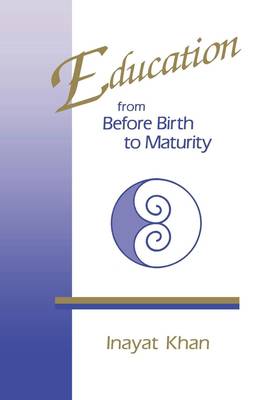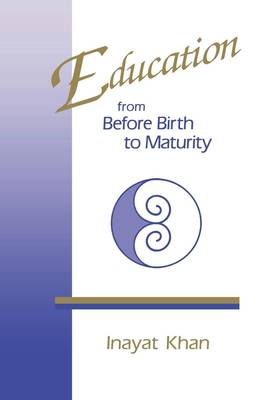
- Afhalen na 1 uur in een winkel met voorraad
- Gratis thuislevering in België vanaf € 30
- Ruim aanbod met 7 miljoen producten
- Afhalen na 1 uur in een winkel met voorraad
- Gratis thuislevering in België vanaf € 30
- Ruim aanbod met 7 miljoen producten
Zoeken
Omschrijving
Hazrat Inayat Khan was born in Baroda, India, in 1882, into a family of classical musicians. Initiated in the four major streams of Indian Sufism, he was sent to the West by his teacher, Abu Hashim Madani Chishti, "to harmonize East and West" with his music. Inayat Khan left India in 1910 and for sixteen years he lived and taught in Europe and America, bringing a message of love, harmony and beauty that was both the quintessence of Sufi teaching and a revolutionary new approach to the harmonizing of western and eastern spirituality. He established a school of spiritual training based upon traditional Sufi teachings infused with the vision of the unity of religious ideals and the awakening of humanity to the divinity within. Inayat Khan died in India in 1927, leaving a significant body of recorded discourse and instruction on all things pertaining to spiritual ideals in the midst of life in the world.
Specificaties
Betrokkenen
- Auteur(s):
- Uitgeverij:
Inhoud
- Aantal bladzijden:
- 128
- Taal:
- Engels
Eigenschappen
- Productcode (EAN):
- 9780897930635
- Verschijningsdatum:
- 11/02/1993
- Uitvoering:
- Paperback
- Formaat:
- Trade paperback (VS)
- Afmetingen:
- 141 mm x 215 mm
- Gewicht:
- 172 g

Alleen bij Standaard Boekhandel
+ 27 punten op je klantenkaart van Standaard Boekhandel
Beoordelingen
We publiceren alleen reviews die voldoen aan de voorwaarden voor reviews. Bekijk onze voorwaarden voor reviews.








